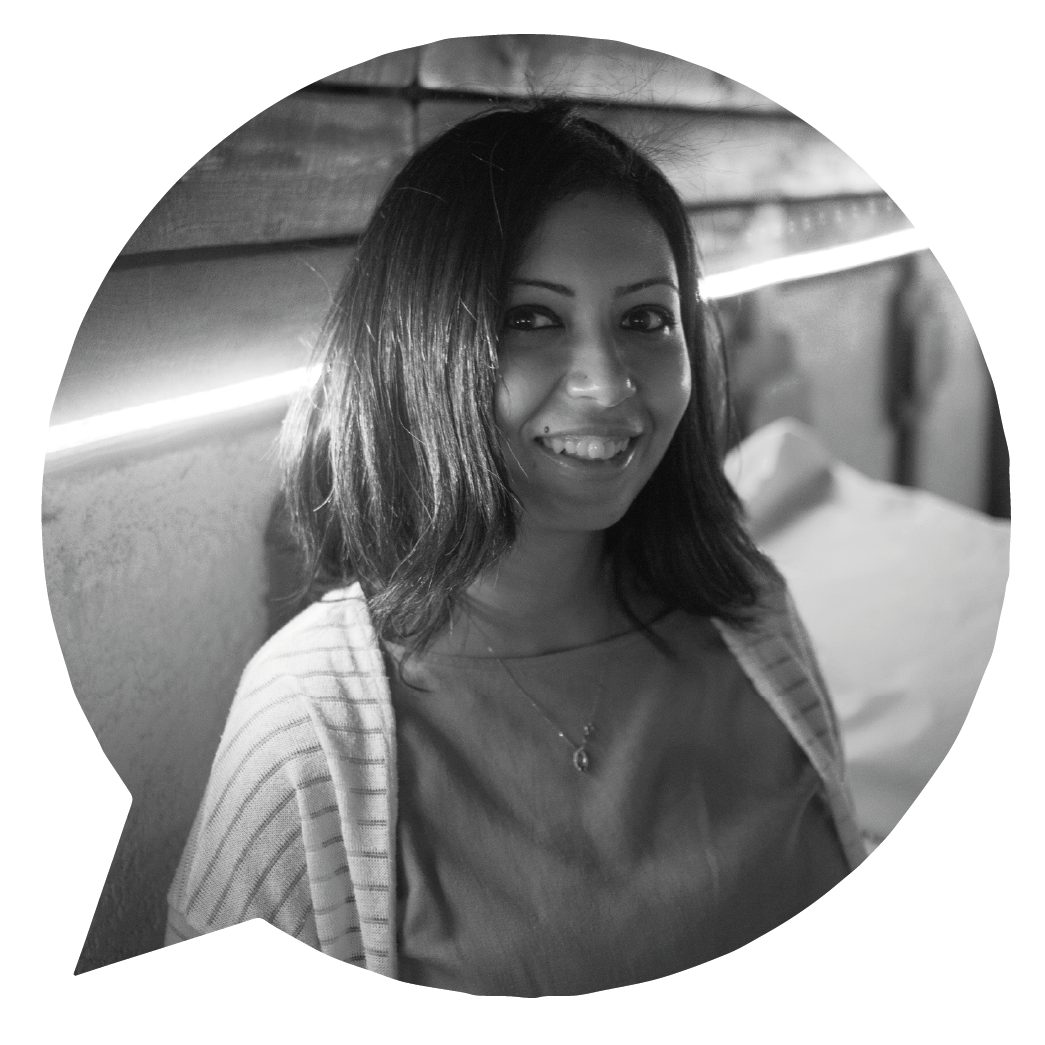Conversations
Conversations is a space for discussions and dialogue with invited guest writers, artists, critics, and curators on relevant topics, current events and exhibitions, modes of working, forms of funding, etc. It is divided into three sections;
︎︎︎ Texts in the form of reviews and articles.
︎︎︎ Podcast episodes with invited guests.
︎︎︎ K-oh-llective blog entries.


Post Institutional Stress Disorder (PISD)*
KOH-Talks #3.2Podcast with: Engy Mohsen, Mohamed Al Bakeri and Sarah Bahgat.
We don’t know what that space would be. I mean if we one day decide to have a space, it won't be for our personal benefit but for the benefit of others. This is a core concept within our collective, that our individual practices have nothing to do with K-oh-llective, instead we are trying to create a support network. This space would be thought of in the same way, to provide some form of support through it.
In the fourth episode, Sarah Bahgat speaks with KOH-lleagues about how the ways in which collectives can avoid turning into institutional structures and replicate their dynamics.
*The title proposed by Sarah Bahgat is borrowed from an exhibition by Kunsthall Aarhus (2018).
︎︎︎
Listen on soundcloud
︎︎︎
Transcripts in arabic and english

Post Institutional Stress Disorder (PISD)*
KOH-Talks #3.1Podcast with: Sarah Bahgat, Engy Mohsen and Mohamed Al Bakeri.
The institution will inevitably be linked with the names of the people working for it. It is part of what it is, you know the saying “You make the job, the job doesn't make you”, we all try to achieve this but it is a difficult task. I don't think it is a matter of linking x or y, I mean this is the big crisis, and they are usually the founders or co founders who are the representatives of an institution everywhere. If anything happens (and I think we have many experiences with these models without having to mention names) or if they disappear, that's it. Everything is gone.
In the third episode, two KOH-lleagues speak with Sarah Bahgat about how cultural practitioners function while working within larger structures and institutions.
*The title proposed by Sarah Bahgat is borrowed from an exhibition by Kunsthall Aarhus (2018).
︎︎︎
Listen on soundcloud
︎︎︎
Transcripts in arabic and english

What is the exchange rate for exposure?
KOH-Talks #2Podcast with: Mohamed Abdelkarim, Rania Atef and Mohamed Al Bakeri.
If there is a group exhibition, each artist is dealt with separately and differently. We will tell artist X “there are no fees”, and we will ask artist Y “how much is good for her?” And when she gives a number, we’ll offer her half the amount. Whereas we are very excited to have artist Z in the show and will therefore offer him what he wants.
In the second episode, two KOH-lleagues talk with artist Mohamed Abdelkarim about wages and artist fees, and the dynamics between artists and institutions and art spaces where work gets exhibited.
︎︎︎ Listen on soundcloud
︎︎︎ Transcripts in arabic and english

The Voices Behind the Cups
KOH-Talks #1Podcast with: Engy Mohsen, Mohamed Al Bakeri, Nada Elkalaawy, Rania Atef and Soukaina Joual.
Who are we? How did we meet? Why did we start the collective? What we want to do with this website? What will the podcast series encompass?
In the first episode, the five KOH-lleagues talk about the coming together of K-oh-llective, walk you through the website and give hints about upcoming episodes.